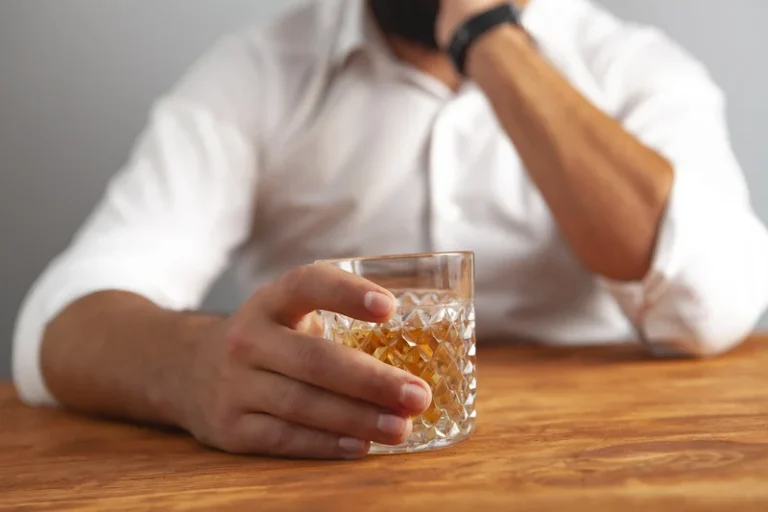
These situations include public transportation, open spaces (parking lots), enclosed spaces (stores), crowds, or being outside the home alone (APA, 2013). About 1.4% of Americans experience agoraphobia during their lifetime (Kessler et al., 2005). Panic attacks involve a combination of emotional, cognitive, and physical symptoms. For example, when experiencing a panic attack, a person may feel embarrassed or distraught over their symptoms.
Can alcohol make anxiety worse?
In addition to adjusting standard pharmacotherapy and psychotherapy protocols for anxiety and AUDs when treating comorbid clients, it also is crucial to apply these methods in a way that produces the best outcomes for both disorders. However, it generally is accepted in the comorbidity literature that this approach is not advisable (e.g., Kushner et https://ecosoberhouse.com/ al. 2007; Lingford-Hughes et al. 2002; Stewart and Conrod 2008). Recommendations to treat both anxiety and AUDs therefore appear warranted on both theoretical and empirical grounds. The literature for treating dual problem specifies three primary approaches, including the sequential, parallel, and integrated models (for a comparison, see table 3).
Treatment options for anxiety

If you’re feeling nervous about being in a social setting, you may pour yourself a glass of wine to self-regulate any stress. If you are not struggling with alcohol addiction, cutting out drinking is more of a personal choice. Your panic attacks won’t go away completely if you cut out alcohol, although reducing your consumption may well reduce the frequency and intensity of your panic attacks, and those that quit drinking altogether may find that they feel better overall. While alcohol can make your panic attacks worse, alcohol itself doesn’t cause panic attacks on its own. In other words, even if you stop drinking alcohol, you are likely still going to have panic attacks – you simply won’t have alcohol triggering them.
What is panic disorder?
Suddenly decreasing or stopping your alcohol intake can cause your body to go into withdrawal, potentially leading to a number of dangerous symptoms including hallucinations, dehydration and seizures. All medications have a risk of side effects, and some may not be recommended in certain situations, such alcohol and panic attacks as pregnancy. People can speak with a healthcare professional for help managing anxiety or mood disorder symptoms. AUD is a chronic condition that includes a variety of effects on the mind and body. Treatment effectiveness may also be difficult to document due to relapses and treatment challenges.
The potential range of common factors can be difficult to estimate, but a review of the literature shows that the most consistently proposed third variables are genetic factors and personality traits such as anxiety sensitivity. Support for the role of genetic factors as a cause for the co-presence of these disorders indirectly has been provided by family and twin studies (e.g., Merikangas et al. 1994, 1996; Tambs et al. 1997). Anxiety sensitivity also has been linked to the incidence of both anxiety and substance use disorders (DeHaas et al. 2001; DeMartini and Carey 2011; Schmidt et al. 2007). To date, rigorous empirical evaluation of the common-factor model has been limited, and publications directly addressing this topic are sparse. Additional research and exploration of additional third variables therefore is necessary to more clearly appraise their unique and interactive influence on the relationship between these disorders.

Why People Use Alcohol for Anxiety
If you have panic attacks but not a diagnosed panic disorder, you can still benefit from treatment. If panic attacks aren’t treated, they can get worse and develop into panic disorder or phobias. People with severe anxiety disorders may be especially at risk of developing AUD. A 2022 longitudinal study highlights a bidirectional relationship between AUD and anxiety disorders.
Diagnosis and Tests

- If your treatment plan includes medication, your psychiatrist will prescribe and manage it.
- In light of the current evidence, the most practical approach to combining treatments is to weigh the benefits and drawbacks of each method and apply them judiciously.
- However, one study found no effect of buspirone on either anxiety or alcohol use (Malcolm et al. 1992).
- In addition, the parallel approach may convey an implicit (and erroneous) suggestion that the two disorders are separate, and the approach generally may be inefficient.
